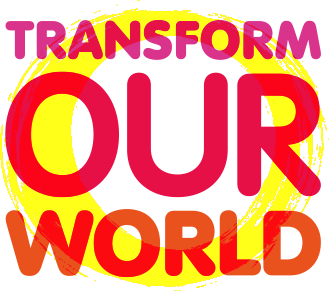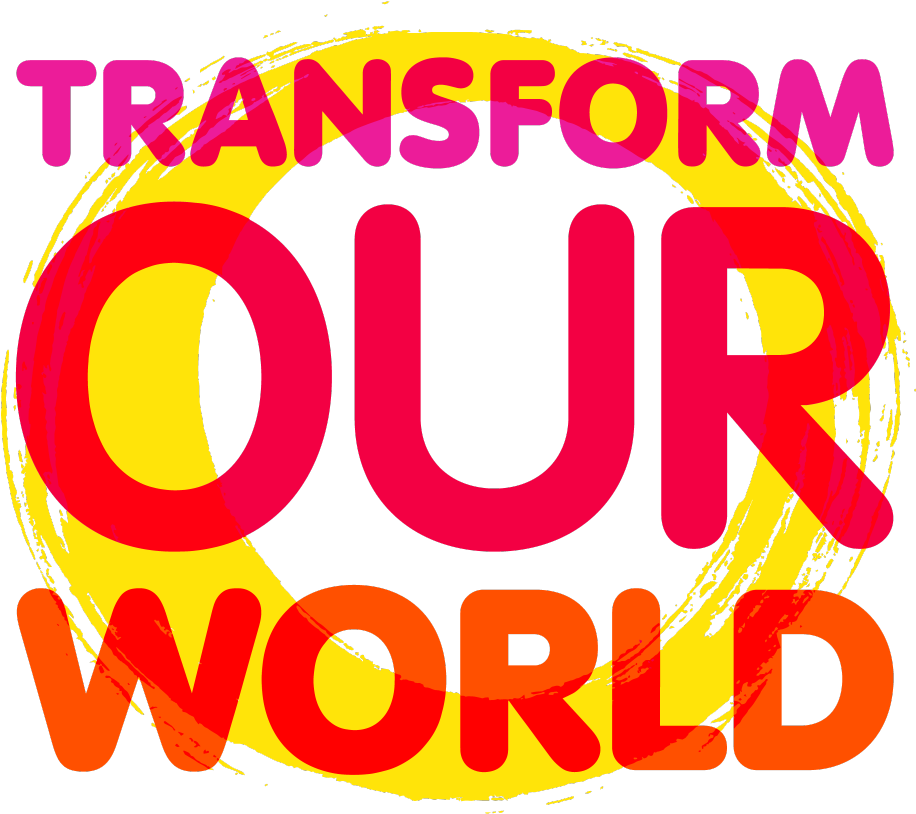UKSSN hosted Professor Alison Anderson from the University of Plymouth for a talk and discussion about communicating the climate crisis.
The talk was expertly hosted by students from London Schools Eco Network and Surrey Environmental Action Schools Network.
For the full video Alison shared please click here.
For information about how to join UKSSN and take part in events, please go to this page: https://www.transform-our-world.org/ukssn/membership
The UKSSN had the privilege of welcoming Professor Alison Anderson for a talk on communicating the climate crisis - a topic that is extremely relevant in the age of social media and controversial newspaper reports. I feel as though I learnt a lot about the different ways through which the climate crisis can be presented, such as in newspapers, on TV, on social media, or even on sites such as BBC Bitesize! I gained new insights into the types of bias that can exist when it comes to communicating the climate crisis, such as in how eco-activists are portrayed in newspapers on different sides of the political spectrum. I enjoyed learning about how effective communication needs to engage with people's interests and emotions, and I hope to incorporate this advice into my school's eco-activism/communication! :) Overall, it was a super engaging and extremely relevant talk - thank you so much to Prof. Anderson!
Written by Gabrielle (London Schools Eco-Network)
I found Professor Alison Anderson’s talk on ‘how communication is key to solving the climate crisis’ fascinating. Before the talk – I hadn’t really thought about communication and climate being so linked. Communication is something that is constantly all around us, so much so - we sometimes forget to question the validity of what it is saying. The idea that not all ‘environmental news’ is correct has opened my eyes to the issue of fake news and miscommunication. What I found most interesting is how the media can dictate the interest that people take in helping the climate crisis. Although ‘natural dips’ in concern for the state of our environment are part of a pattern, it is vital to maintain interest and engagement in the climate crisis - which will happen by using communication consistently, effectively, and clearly.
Written by Lucy (Surrey Environmental Action Schools)
Contact
If you would like to know more about Transform Our World, or any of our programmes, please get in touch.
Thank you for submitting your enquiry! We are currently receiving a large number of enquiries and are trying our best to get back to people as soon as possible. In the meantime, you might find one of the following links helpful:
Access catch up content from the Transform Our World Youth Summit
As a Transform Our World user, you can access the content from the Transform Our World Youth Summit and catch up on the content across three themed days, looking at individual actions we can do, people in power we can influence and the importance of living our true values.
Follow the links below and check out the timestamp guide to navigate the content.
- Are you a teacher? Learn about how to use the website here.
- Looking for teaching resources? You can find our collection of highly-rated resources here.
- Looking for something more long-term? Check out our featured programmes here.
- Want to see what other schools have been up to? Have a read of some case studies here.
- Alternatively, take a look at our FAQs and About pages as they might help to answer your question(s).
All the best,
The Transform Our World team

is brought to you by





